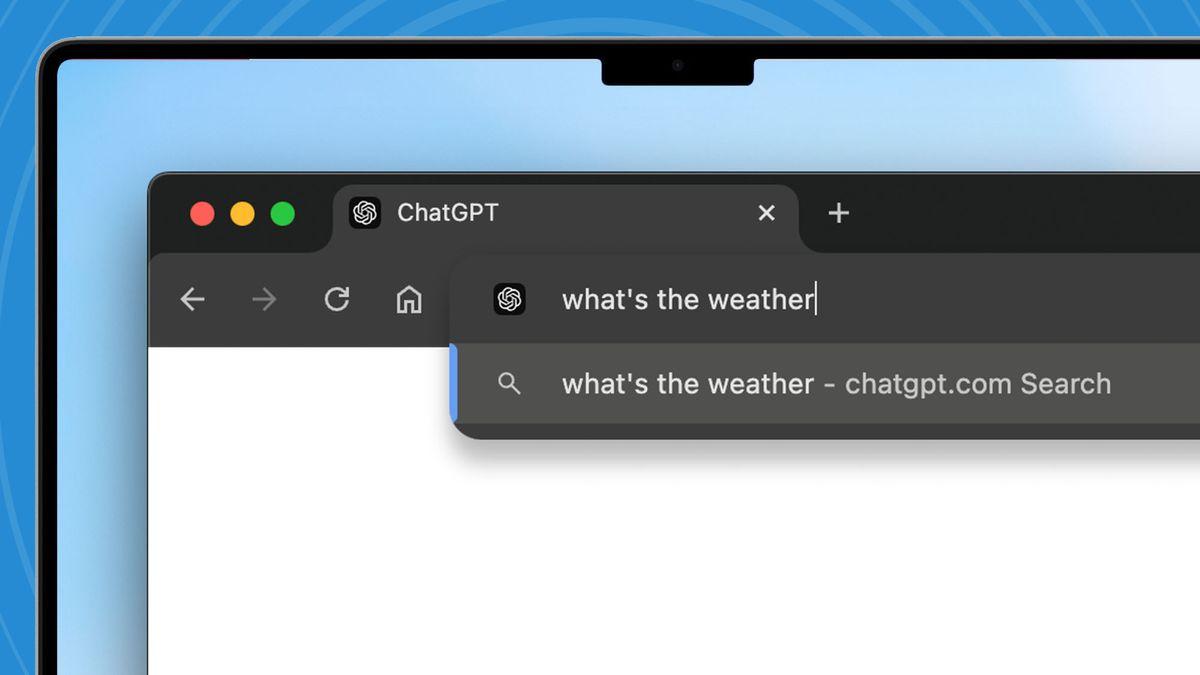ChatGPT just got easier to find when you’re searching for something
OpenAI, the organization behind the popular text-generating AI system GPT-3, recently launched a new tool called ChatGPT. This extremely versatile language model has been receiving great acclaim for its ability to have engaging and dynamic conversations with users. Now, OpenAI has made it even more convenient to access ChatGPT by integrating it into the search results of popular search engines.
Since its initial launch, ChatGPT has quickly become a favorite among developers, researchers, and tech enthusiasts. People are using it for a wide range of purposes, including drafting emails, generating code, brainstorming ideas, and learning new concepts. The possibilities seem endless with ChatGPT’s ability to mimic human-like conversation.
However, one of the initial challenges with ChatGPT was the difficulty in finding it directly when searching for information on a specific topic. As this AI system gained popularity, OpenAI took the users’ feedback seriously and worked diligently to make ChatGPT more accessible.
With the recent integration of ChatGPT into search engine results, finding and utilizing this powerful tool has become considerably easier. Now, when you search for a query related to ChatGPT, such as “AI chatbot,” “language model for conversations,” or “ChatGPT applications,” you will see direct links to ChatGPT in the search results. This integration aims to simplify the user experience and streamline the process of accessing ChatGPT.
The inclusion of ChatGPT in search engine results has significant implications for its usability and popularity. Prior to this integration, users had to actively search for OpenAI’s website and navigate through multiple pages to find ChatGPT. This was time-consuming and deterred some potential users who were not aware of this powerful tool. By showing direct links to ChatGPT in search results, OpenAI has eliminated these barriers, enabling more people to discover and make use of ChatGPT in their workflows and projects.
OpenAI’s decision to integrate ChatGPT into search engine results is a testament to their commitment to the user experience. OpenAI acknowledges the importance of user feedback and continuously works to address the challenges and limitations faced by their users. By actively listening to the community, OpenAI has made significant improvements to their tools, making them more accessible, user-friendly, and ultimately more valuable.
This integration not only benefits individual users but also accelerates the adoption of powerful language models and AI technologies in various industries. As ChatGPT becomes more visible in search engine results, professionals in fields such as customer service, content creation, and research can easily incorporate this tool into their workflow, enhancing efficiency and productivity.
While this integration is undoubtedly a significant step forward, OpenAI is determined to continue refining and expanding ChatGPT’s capabilities. They are actively exploring ways to address its limitations, such as refining its responses and preventing it from generating inappropriate or biased content. OpenAI’s dedication to responsible AI development ensures that ChatGPT evolves into a safe and reliable tool that truly enhances human capabilities instead of replacing them.
OpenAI’s integration of ChatGPT into search engine results is a major breakthrough that simplifies the process of finding and utilizing this powerful text-generation tool. By being more easily discoverable, ChatGPT opens doors for users from various domains to engage in dynamic and productive conversations with AI. OpenAI’s commitment to improving user experiences and continuously refining their AI systems ensures that ChatGPT will be increasingly accessible, reliable, and valuable for individuals and industries alike.
Hey Subscribe to our newsletter for more articles like this directly to your email.
